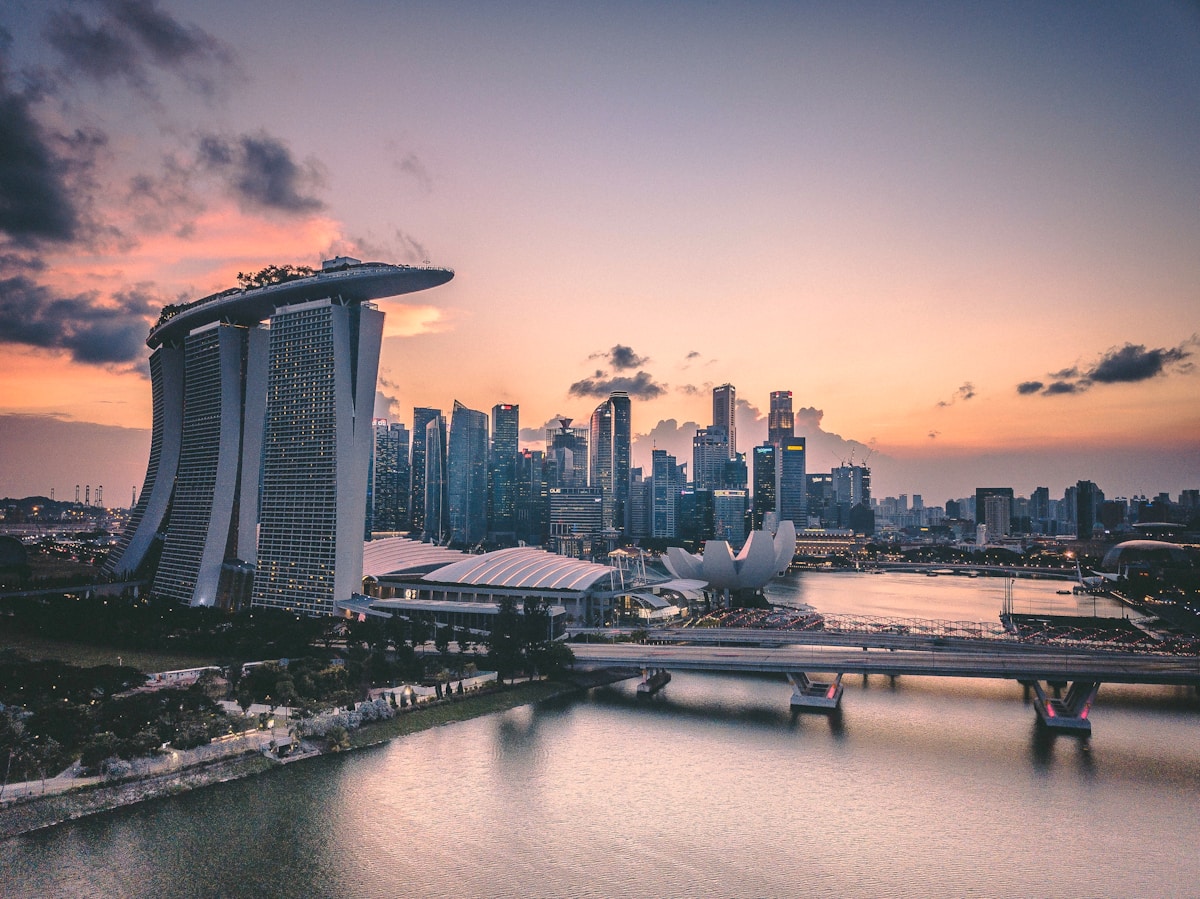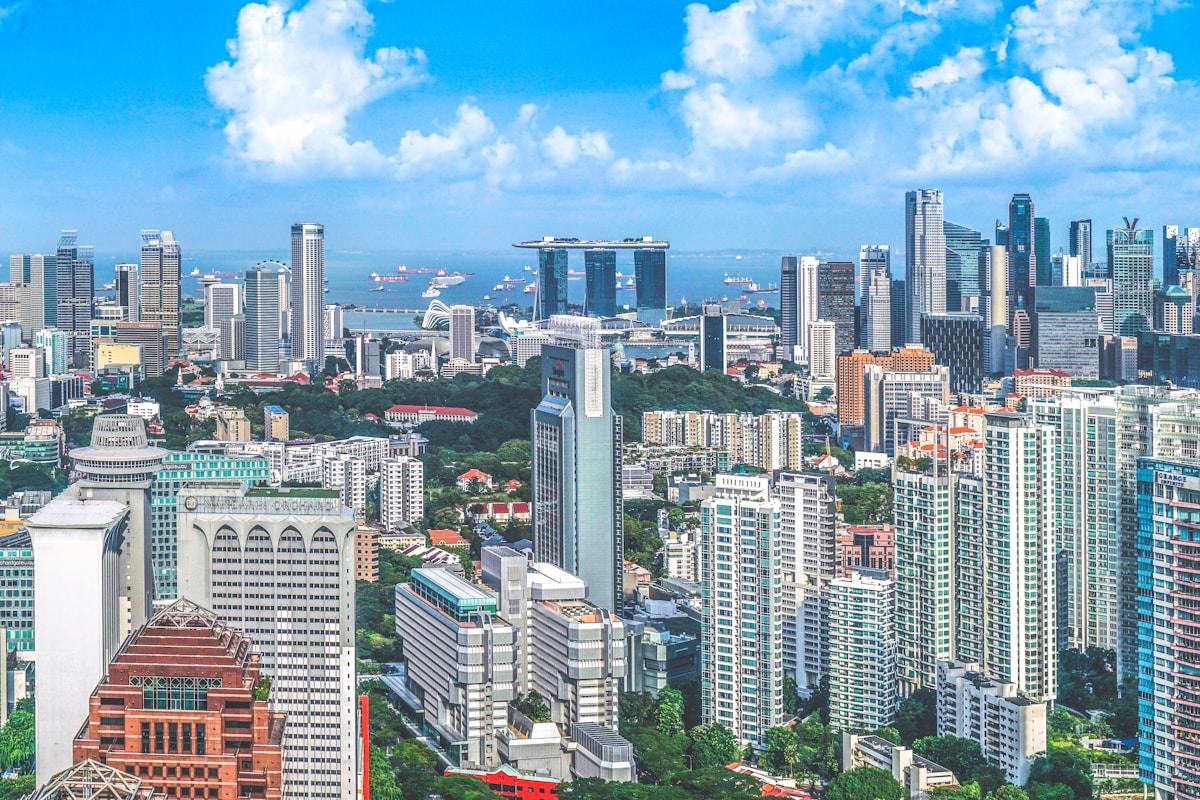Applying for a Loan in Singapore : 6 Things You Need to Understand Before

The average interest rate for loans in Singapore is around 6.5%. Before stepping into a commitment of a loan, it is important to know what you're getting into if you plan on borrowing money from a moneylender. There are several points borrowers must be aware of (especially for those who don't have much knowledge about loans and money lenders in Singapore) before considering taking out a loan.
Many people these days borrow from the banks and think they've found an easy way out but end up with more debt than they can handle. A good alternative to being in debt to a bank is taking a loan from an authorized lender.
1. How Much Money Can You Borrow?

Under the Credit Act, the maximum borrowing limit is $30,000 for a single borrower and applies to personal loans with fixed repayment terms of at least one year.
For borrowers who have sought debt assistance from licensed moneylenders or CPF Board's Financial Difficulty Assistance Scheme, they are required to wait at least six years before applying for a new loan from a licensed moneylender.
In addition, all clients must receive an Individual Means Assessment (IMA) report, which determines their income eligibility by completing a questionnaire that captures vital information such as gross monthly income and number of dependents.
This safeguard aims to ensure that a person does not borrow more than he can afford to repay.
2. How Big a Loan Should You Borrow?

The amount a person borrows should correspond with their income and repayment capacity. The borrower's ability to repay does not depend on the size of the loan but depends primarily on whether they spend within their means.
For example, if a person has a disposable monthly income of $3,000 and wants to borrow only $1,000 from the moneylender - less than 20 percent of their disposable monthly income - it would be reasonable for them to do so.
If someone makes timely repayments of $200 or more over six months of borrowing at an interest rate of 30 percent p.a., there will be no additional charges imposed by the moneylender.
3. How Much Will You Have to Pay in Interest?

A typical personal loan from a licensed moneylender whose name is on the moneylender list will have an interest rate of 2 percent per month or 24 percent p.a.
However, this is not the whole story. There are up to four other costs involved when borrowing from licensed moneylender, including processing fees, legal fees for preparing documents, monthly account keeping fees, and insurance premiums.
4. Can You Get Your Loan Approved Faster?

Many borrowers seek advice on whether they can get their hands on their cash quicker by deciding against taking legal action financially strapped borrowers.
Still, the reality is that it may not be any faster. Processing time will largely depend on how fast the borrower can provide the relevant documents required by the moneylenders. There are no guarantees that the borrowers will get their cash much sooner if they do not sue other borrowers.
5. Can You Get a Loan If You Have Been 'Black-Listed'?

If you have been black-listed because you failed to pay previous debts to licensed moneylenders, you should reconsider your options before applying for another loan from them again.
Licensed moneylenders are legally bound to share your personal information for them to make an informed decision about whether you are creditworthy or not.
6. Is It Better Not to Borrow at All?

The message is loud and clear - Licensed moneylenders are not charities. They're there to make money by lending you cash, so do your calculations first before resorting to borrowing any amount of money.
Wrapping Up
In conclusion, consider factors like the interest rate offered by the banks, income limits, and your personal requirements before applying for the loan.